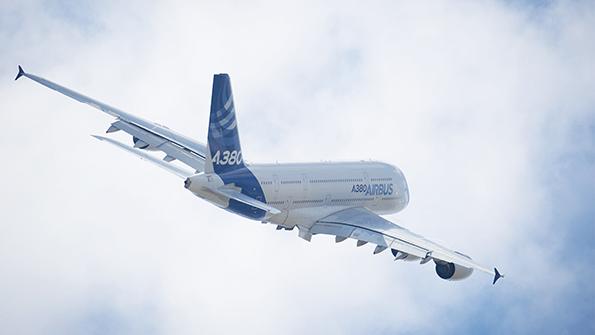
Ask the Editors: The Aviation Week Network invites our readers to submit questions to our editors and analysts. We’ll answer them, and if we can’t we’ll reach out to our wide network of experts for advice.
Regarding the future of the Airbus A380, would it not be wise to fly the aircraft with fewer passengers, spaced out, and use the weight savings to carry more cargo?
Aviation Week Executive Editor, Commercial, Jens Flottau, responds:
The A380’s competitive disadvantage has always been that airlines need a very high passenger load factor to make the economics work. On trunk routes, it has been possible to fill the aircraft and fly it profitably in the summertime, but winters have been difficult for almost every airline. The main reason for the A380’s commercial failure is that it is not financially sustainable year-round.
Even before the coronavirus crisis, the A380 was uneconomical for most airlines, with a few exceptions such as Emirates Airline. In COVID-19 market conditions, there are not nearly enough passengers to justify its use. Removing seats would make the financial equation more difficult, even with extra cargo taken into account.
In spite of its size—and somewhat counterintuitively—the A380 is not a good cargo aircraft because its underfloor capacity is relatively small. Moving cargo operations to the main deck would likely require expensive modifications, unless the focus is on small items such as packages. While that would offer some potential for additional revenue, it would not be enough to compensate for the high cost of operating the aircraft. In the small-package market, any A380 operator would compete with giants such as FedEx or DHL, which have massive ground infrastructure in place for distribution, something no typical passenger airline could offer.





